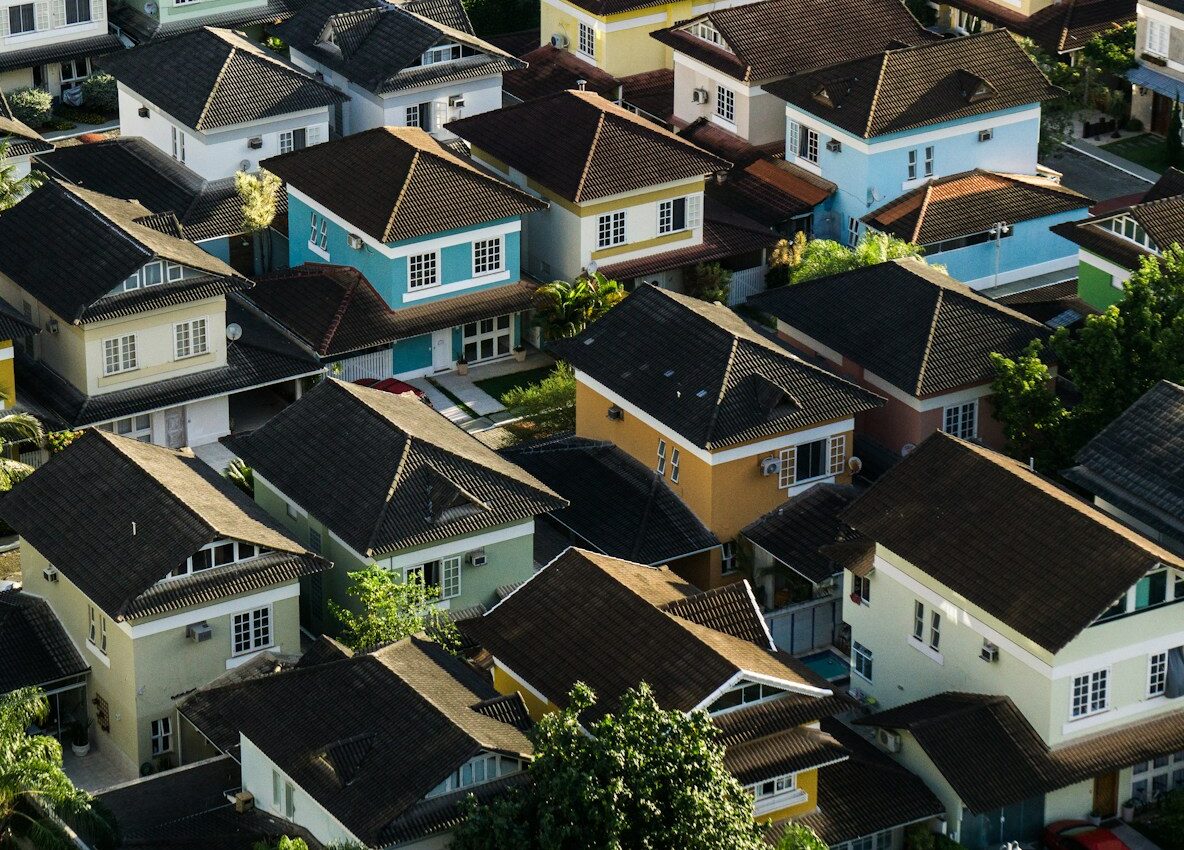Key takeaways:
- The Airbnb bill sets clear rules for primary home rentals.
- It bans unlicensed hotels but keeps home sharing alive.
- Hosts can rent main residences up to 30 days per year.
- Repeat violators face penalties, not a blanket ban.
- Many worries about wrecking neighborhoods don’t match the facts.
What’s in the Airbnb bill?
New York City passed new rules called the Airbnb bill. It aims to crack down on illegal hotels while protecting honest hosts. However, some critics claim the bill will ruin neighborhoods. In fact, that view misreads the rules. So what does the Airbnb bill really do?
First, it defines who can share their homes. Only people who live in a place can list it. They must call it their main residence. That stops landlords from turning buildings into short-term hotel rows. Next, hosts must register and carry a license number. This way, the city can track rentals. If someone lists without one, they risk fines.
Key parts of the Airbnb bill
The new rules focus on primary homes. A primary home means the owner or tenant sleeps there most of the year. Under the Airbnb bill, those residents can host guests up to 30 days total in a year. They cannot leave a place empty just to rent it out for profit. That prevents entire buildings from becoming de facto hotels.
Moreover, the bill hands down fines for rule-breakers. First-time offenders face smaller penalties. Yet repeat violators can pay serious fees or even lose their rental license. This makes illegal hotels far less attractive.
Debunking the false claims
Many believe the Airbnb bill wipes out all rentals. In reality, it does not. It stops unlicensed hotel operators, but it leaves home sharing alone. Some say it bans stays shorter than 30 days. That claim confuses two limits. The 30-day cap applies to annual total, not per stay. Hosts can still host guests for one-night visits.
Another false claim says the city will police every listing. The city lacks resources for that. Instead, the bill requires platforms to share registration data. This simple step helps the city spot repeat violators faster. As a result, legal hosts join the system once and then list freely.
Critics warned that tourism would collapse. Yet cities with similar rules saw neither fewer tourists nor lower host income. In fact, residents felt safer. They no longer worried about strangers living above them month after month.
Impact on communities
Peace and stability matter in dense neighborhoods. When someone turns an apartment into a pseudo hotel, it risks noise, litter and security issues. The Airbnb bill stops that by focusing on full homes, not shared rooms. Consequently, neighbors can still host a friend on the sofa in peace.
Additionally, small landlords gain clarity. Before the bill, some complied, and others broke rules with no penalty. Now, all hosts follow the same playbook. This levels the field between big property owners and regular residents who just want to rent a spare room.
How the bill helps small hosts
Under the new rules, honest hosts see benefits. They can register once and earn income without fear. They also avoid competing with large operators who flout the rules. This helps working families pay rent or cover mortgage costs.
Furthermore, platforms gain clearer guidelines. They must verify registration data before listing a home. That reduces disputes and protects host reputations. As a result, genuine hosts build trust with guests and neighbors alike.
Looking ahead
Some still fear government overreach. Yet the Airbnb bill shows a balanced approach. It curbs illegal hotels while saving home sharing. By focusing on primary residences, the city protects both tourism and local life. With clear rules and fair penalties, communities regain control of their streets.
In the end, the Airbnb bill will shape how New Yorkers share homes. Honest hosts adapt and thrive. Illegal operators face real consequences. Neighbors enjoy calmer, more stable blocks. So instead of wrecking neighborhoods, this bill could be the fix they need.
Frequently asked questions
What does the Airbnb bill change about rentals?
The bill limits short-term rentals to primary homes. Hosts can rent up to 30 days per year. They must register and carry a license number.
Does the bill ban all Airbnb listings?
No. The bill bans unlicensed hotels, not home sharing. Residents still list shared spaces. They just follow common rules.
Can hosts still rent their homes short term under the bill?
Yes. Hosts of their main residence can rent for up to 30 days total each year. They also need a registration from the city.
How will the new rules affect neighborhood life?
Neighbors see less noise and fewer strangers moving in all the time. The clear rules help honest hosts and keep blocks stable. Source: https://www.nydailynews.com/2025/11/25/readers-sound-off-on-short-term-rentals-giving-up-on-ukraine-and-jfks-granddaughter/
